Rules for safe navigation Speed limits - Proper lookout - Wake - Swimmers in waterways
Speed limits
Vessel Operation Restriction Regulations do not specify any speed limits, because there are too many different factors that can bring a pleasure craft operator to modify his/her speed. Conditions of visibility, traffic density, wind, sea, and current conditions, and the proximity of navigational hazards are different circumstances that will incite a prudent pleasure craft operator to navigate at safe speeds. You must always operate your pleasure craft in such a way as to maintain control at all times. By keeping control of your pleasure craft you can avoid an accident; therefore, protecting the passengers from injury or death.
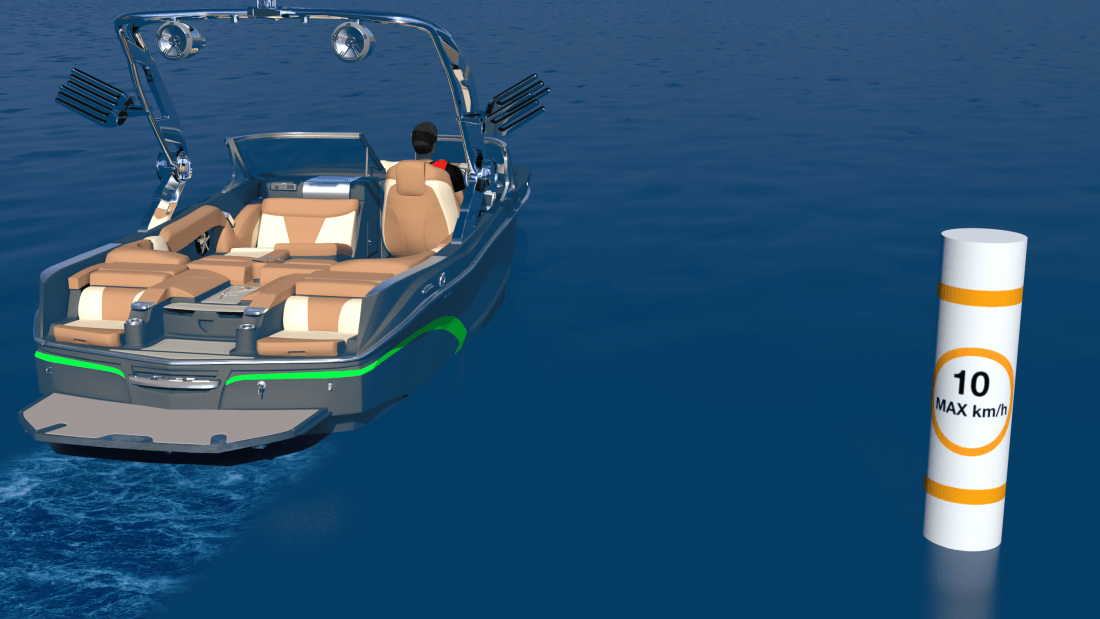
High speed while boating
A pleasure craft traveling at high speed requires increased stopping distance in the event that the operator must stop in an emergency. This situation requires that the operator be more attentive because he/she has less time to react to changing conditions. In low visibility, such as fog or night navigation, the regulations require that the operator adopt a speed according to the conditions at hand. In the case of restricted visibility (fog, falling snow, heavy rain, etc.) the operator must use a sound signaling appliance in order to signal his/her presence.
A boating restriction regulation may be emitted locally for:
-
prohibited vessel types,
-
standardized speed limits, and
-
maximum engine power limits.
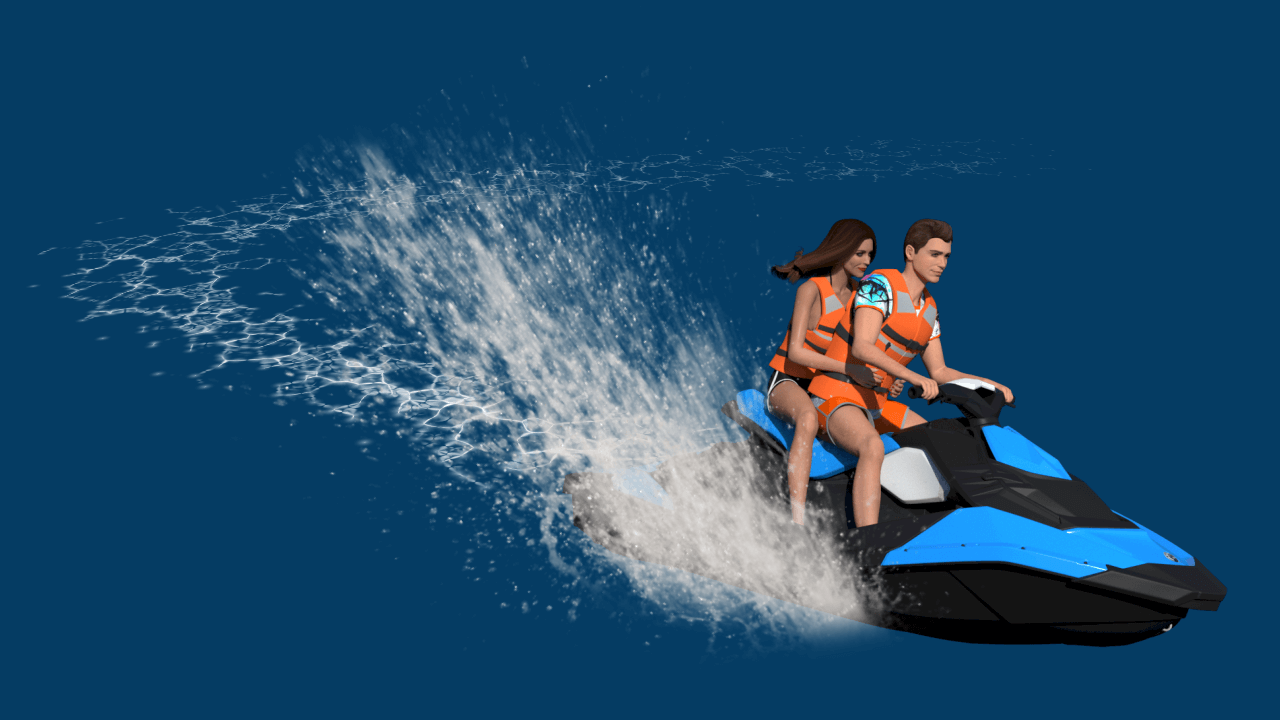
Wake and wash
The operator of a pleasure craft shall at all times proceed with caution at a speed, such that “wake and wash” will not adversely affect:
-
other vessels, such as anchored vessels, grounded vessels, wrecks, dredge, tow;
-
rowboats or canoes;
-
passing by works such as shoreline, docks, floats, or wetlands;
-
other waterways users such as swimmers;
-
areas of bathing beaches, areas where divers are working, or areas of anchorage.
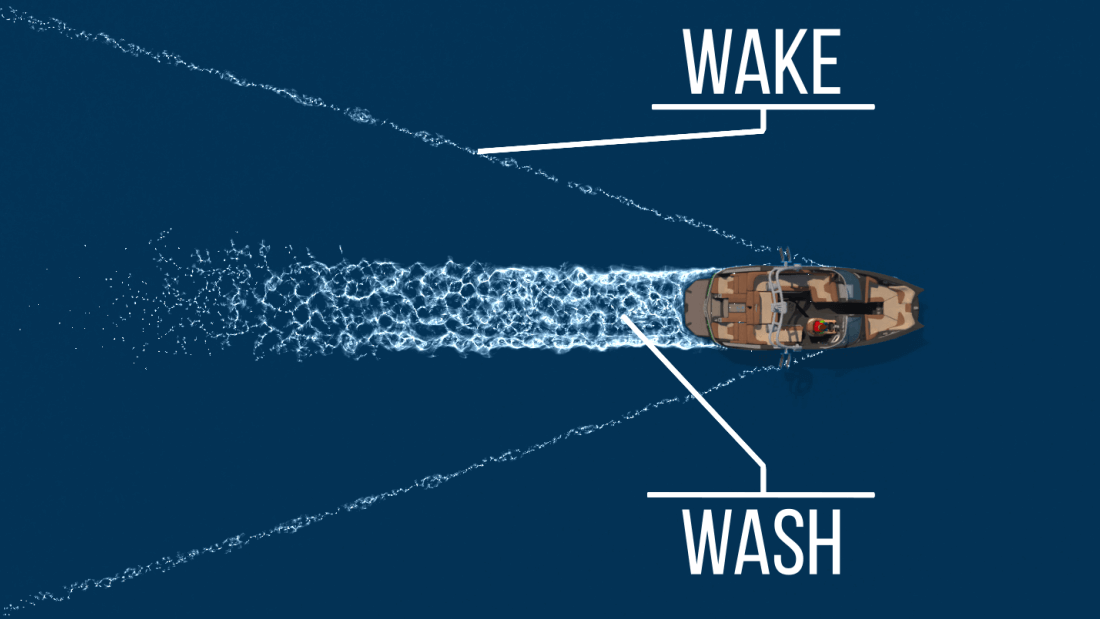
Maintain a proper lookout
Every vessel shall at all times maintain a proper lookout by sight and hearing as well as by all available means which are appropriate to the prevailing circumstances and conditions, in order to make a full appraisal of the situation and of the risk of collision.
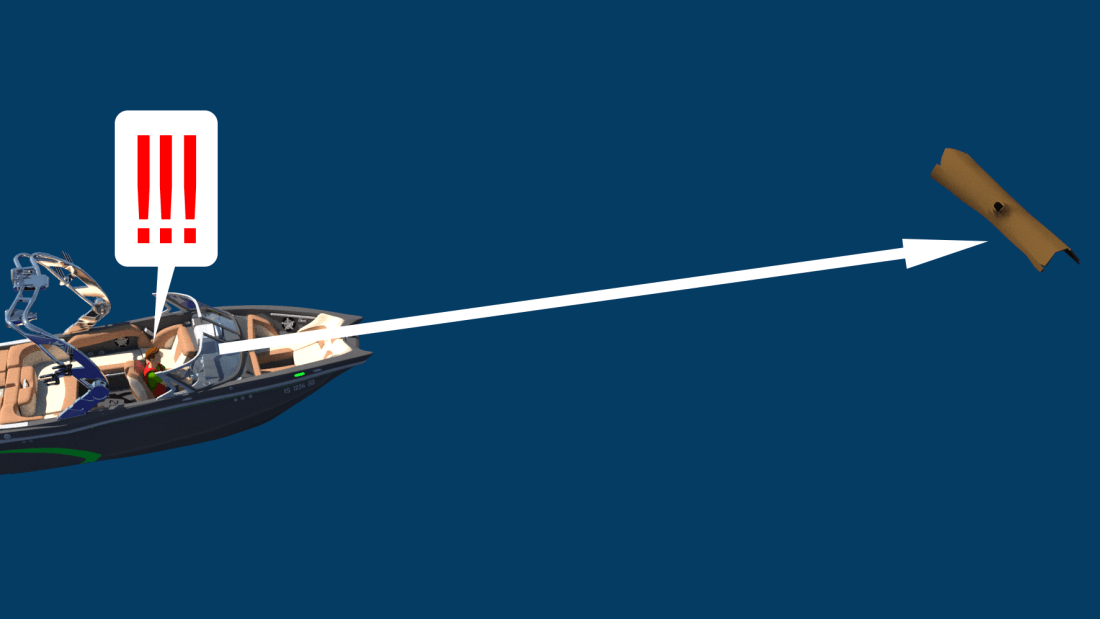
Attract the attention of another vessel
If necessary, to attract the attention of another vessel, any vessel may make light or sound signals.
In or near an area of restricted visibility, whether by day or night, a power-driven vessel making way through the water shall sound at intervals of not more than 2 minutes one prolonged blast. A power-driven vessel underway but stopped and making no way through the water shall sound at intervals of not more than two minutes, two prolonged blasts in succession with an interval of about two seconds to make its postion known to other boaters.
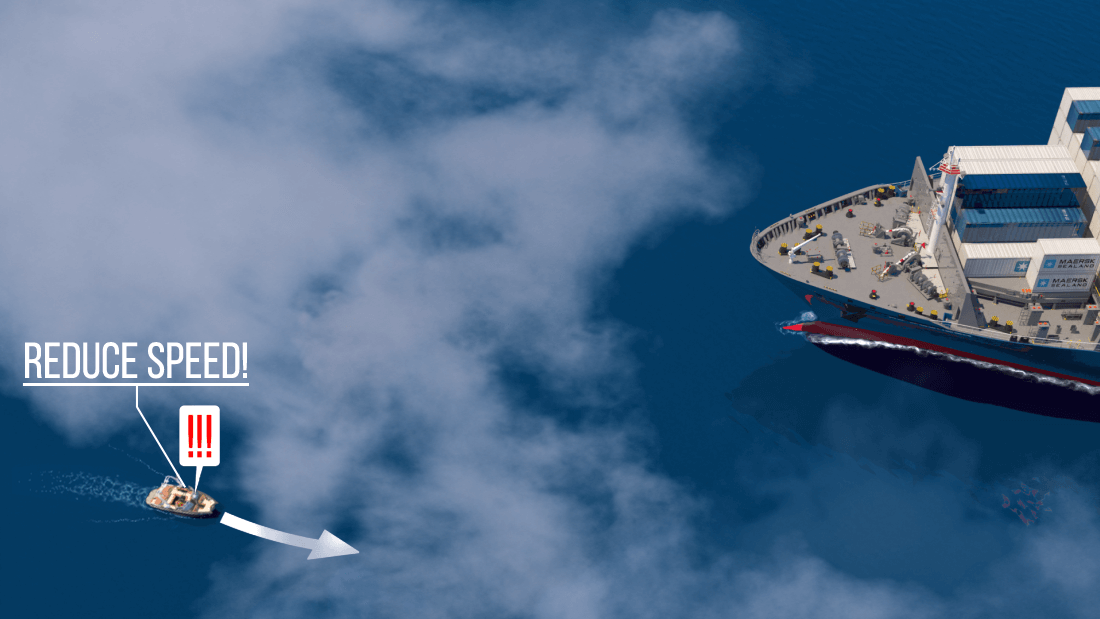
Instruct passengers about emergency procedures
A pleasure craft operator should instruct passengers about emergency procedures and the use of safety equipment on the boat, during a pre-departure meeting.